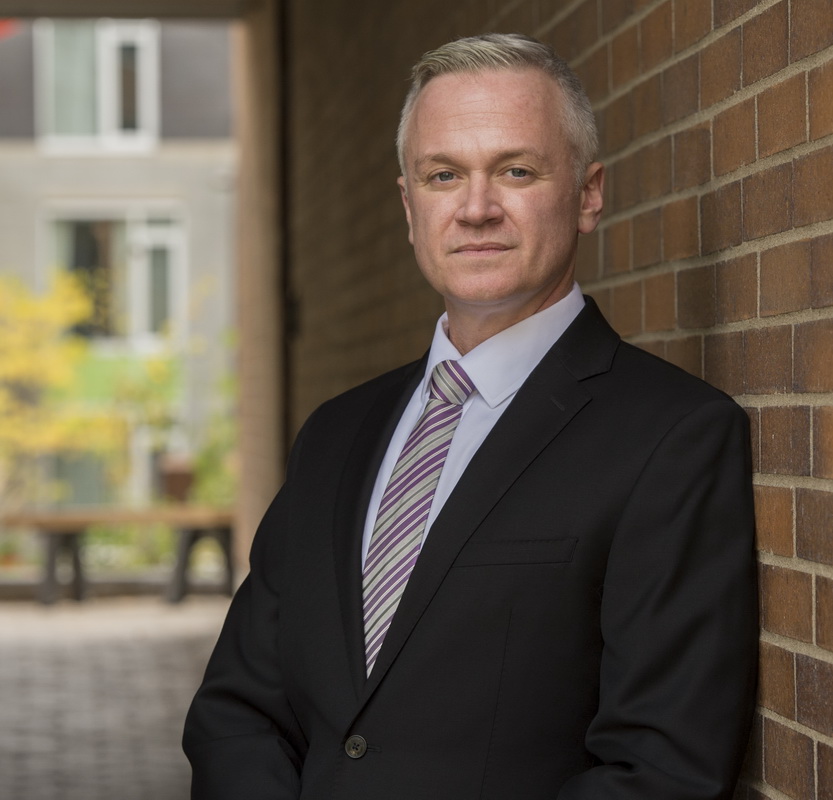The Ottawa Police Service is struggling to contain volatile overtime costs that are putting it under enormous financial pressure, an analysis of their 2018 budget reveals.
The $2.1 million increase in 2018 represents a change of over 25 per cent compared to last year and makes up almost a quarter of the overall budget increase for the police department. To stay financially sound, the department has had to defer contributions to its capital funds, relying instead on debt to finance those projects.
Source: Ottawa Police Service Draft Budgets 2017 and 2018:
According to their own forecasts, the police logged a $3.1 deficit through overtime costs alone in 2017.
The troubles are specific to the police department: neither the paramedic nor fire services have experienced similar difficulties with their overtime costs in recent years.
The Police Services Board, the civilian body that oversees the force, is well aware of the issue. Chair Eli El-Chantiry said in an email — he could not be reached in person or over the phone — that “there will always be a need for overtime in policing.” The budget increase, he said, is meant to “better reflect actual expenditures.”
According to a statement from the finance section of the Ottawa Police Services, who also did not give an in-person or phone interview, much of the increase in costs comes from how overtime is actually logged. Prior to 2015, costs in the form of lieu time were not counted in overtime.
Matt Skof, president of Ottawa’s police union, said the use of lieu time should never have existed as it was not governed by the collective agreement between the union and the service.
The police’s finance section also said that the “drastic changes” to the overtime budgets of some sections within the force were better reflections of the actual situation. The communications, 911 and switchboard team, for example, has had over $527,000 added to their budget, an increase of 542% over last year. Frontline services, meanwhile, have seen their overtime budget bumped by $586,000, a 93% increase.

Matt Skof said that overtime costs have hit the communications centre and the frontline forces particularly hard because they both have minimum staffing levels that must be met. Even so, he said, the use of overtime to fill those gaps was unsustainable.
“We’ll inevitably, eventually, have to grieve the treatment of the members there because they are relying on overtime for their baseline of staffing and that’s not acceptable,” Skof said.
“Not to mention it’s fiscally irresponsible,” he added.
Too much overtime staffing increases fatigue in the force, making the lives of individual officers more difficult and increasing burnout rates, Skof said. And using overtime to make up for staffing shortages only increases those problems.
“You’re chasing your tail, trying to keep up.”
Still, Skof thinks that the increase in overtime budgets is the right move. He agreed with the city’s assessment that the budget is a “more accurate reflection of the experience over prior years.” But, he said, it doesn’t do anything to address the underlying issue of lack of staffing.
“Theoretically, if they had an appropriately staffed organization, they wouldn’t have the same need to have the budget for overtime,” Skof said.
In his statement, Eli El-Chantiry pointed to two things the police and city are doing to cut overtime costs: automating the tracking of how overtime is used and adding more officers. According to El-Chantiry, the force will complete its plan to hire 75 new officers in 2018, and is expecting to hire 30 more per year in the next three years.
